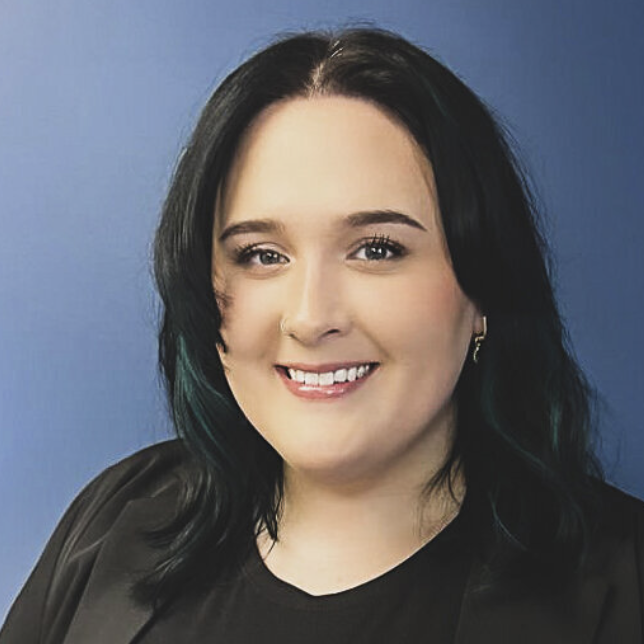The Roadmap of Speech and Language Treatment Timelines

Written by: Tara Gray, M.A. CCC-SLP
Speech-Language Pathologist
“Will their speech be fixed in a few sessions or do you think they need more?”
“How long before they’re talking?”
“When can we expect to understand them better?”
“How many sessions do you think they’ll need?”
“How long will speech take?
These are variations on questions we, as speech-language pathologists, hear every day. Speech is a new experience for many parents and it makes sense that they wonder about the timeline for this new activity. And, unfortunately, our answer is not always what parents want to hear: it depends!
The process of speech-language pathology treatment is a winding road with lots of road bumps, traffic, detours, and construction along the way. So many factors play into a child’s progress including: age, severity of their delay, their diagnosis, any comorbid diagnoses, how many sounds they’re working on, if they have language difficulties on top of any speech sound errors, etc. There are just so many things to consider.
A child with one speech sound error often has quicker progress than a child with more than one. However, even this statement is not a hard-and-fast rule. The child with more errors may generalize their progress faster than the child with only one error resulting in a longer need for speech interventions.
Similarly, a two-year-old with an expressive language delay could receive speech sessions for a shorter period of time than an older child with an expressive language disorder due to the complexity of the things they’re working on. But again, this is not a strict rule! Variation is the only real rule.
Variation is the only real rule.
What is important to know, is that there are some actionable steps parents and caregivers can take to improve their child’s progress in speech and language:
- Engage regularly with your child’s SLP
- Complete recommended home practice
- Practice in a variety of ways (e.g., games, books, videos, arts and crafts, etc.)
- Practice in a variety of locations (e.g., home, family member’s homes, the park, the grocery store, the car, etc.)
- Practice with a variety of people (e.g., parents, siblings, grandparents, babysitters, etc.)
- Make practice fun whenever possible
- Communicate about speech and language goals, treatment, approaches with other professionals in the child’s life (e.g., teachers, daycare providers, nannies, etc.)
These can help with progress, but it’s important to remember that our children are not robots. We could use identical approaches and techniques with two kids and get vastly different treatment outcomes. Put simply, kids are different and so are their timelines when it comes to speech and language. There truly is no predicting results. The most important thing is that your child is making progress with their goals!
The most important thing is that your child is making progress with their goals!
The time will come when their journey on the speech road will be complete and speech graduation is an exciting time. The excitement is in achieving their goals and going through the process, not in any specific timelines. Remember: speech is not a race!
